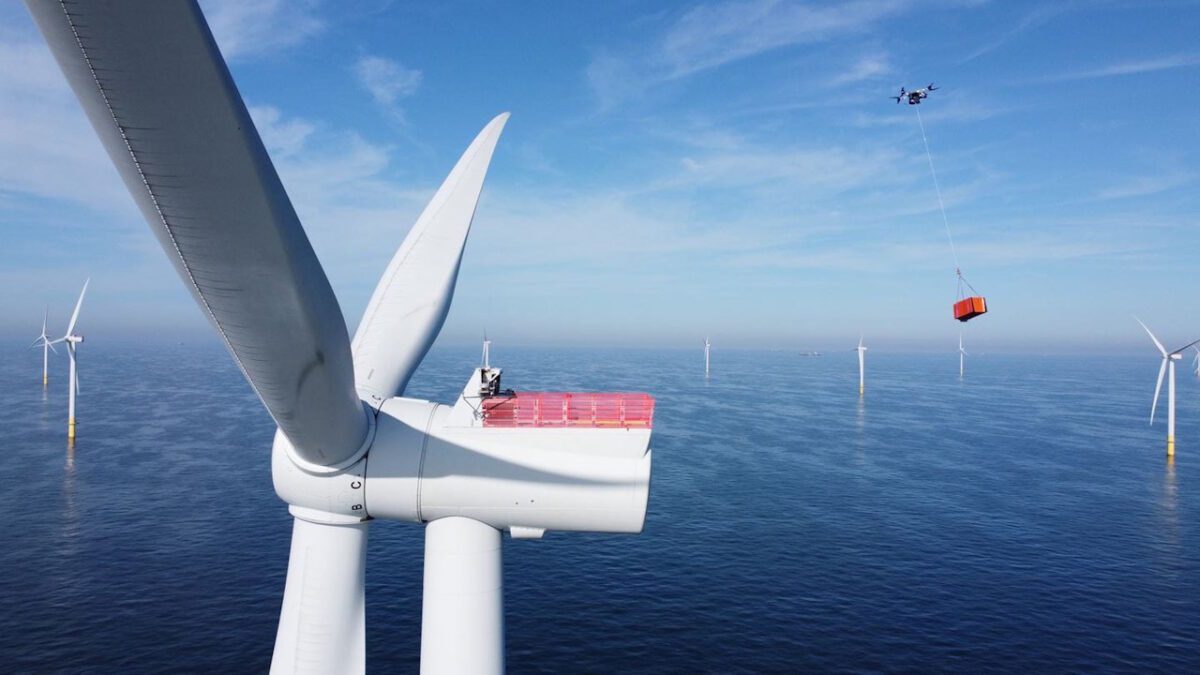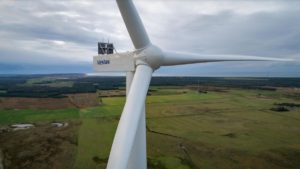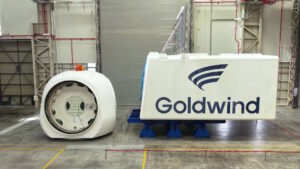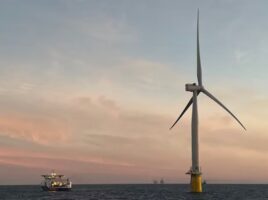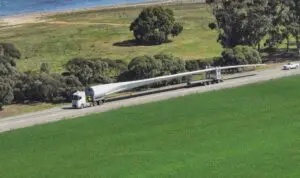Danish offshore wind giant Ørsted has delayed the start of operations for the 704MW Revolution Wind offshore wind farm off the east coast of the United States, forcing a write-down in excess of $US300 million.
The 704MW Revolution Wind offshore wind farm is being built off the coast of Rhode Island and will supply power to both Rhode Island and neighbouring Connecticut.
First “steel in the water” was in May of this year, and foundation and turbine installation is ongoing, with at least one source claiming that 47 of the project’s 62 turbine foundations have been installed.
However, even as offshore construction continues steadily, construction of the onshore substation has run into delays after reportedly discovering additional contamination at the site.
According to Ørsted’s interim report for the first half of 2024, the onshore substation is being built on “a military landfill site where permitting and site preparation have proved to be more challenging than anticipated.”
“Despite encouraging progress on our US offshore wind project Revolution Wind, the construction of the onshore substation for the project has been delayed,” said Mads Nipper, group president and CEO of Ørsted.
“This means that we have pushed the commercial operation date from 2025 into 2026, which led to an impairment. This is, of course, unsatisfactory, and we continue our dedicated efforts to de-risk our portfolio.”
The delay to construction, pushing operations into 2026, “will result in knock-on impacts on the revenue profile and costs for extending the installation period,” forcing Ørsted to record an “impairment” write down of $US307 million.
“Despite this unsatisfactory development, the offshore construction activities of Revolution Wind continue to progress on track,” Ørsted said.
The delay and impairment follow on from a difficult few years for Ørsted in the United States’ burgeoning offshore wind industry. In its interim report, Ørsted said the company had “been materially hit by the adverse industry conditions, including challenges with an immature supply chain” which has forced them to “de-risk” the development of both Revolution Wind and the 924MW Sunrise Wind.
Specifically, with offshore installation of turbines to begin on Sunrise Wind in 2025, Ørsted acknowledged that the risk of commissioning had slipped from the end of 2026 into the first half of 2027.

